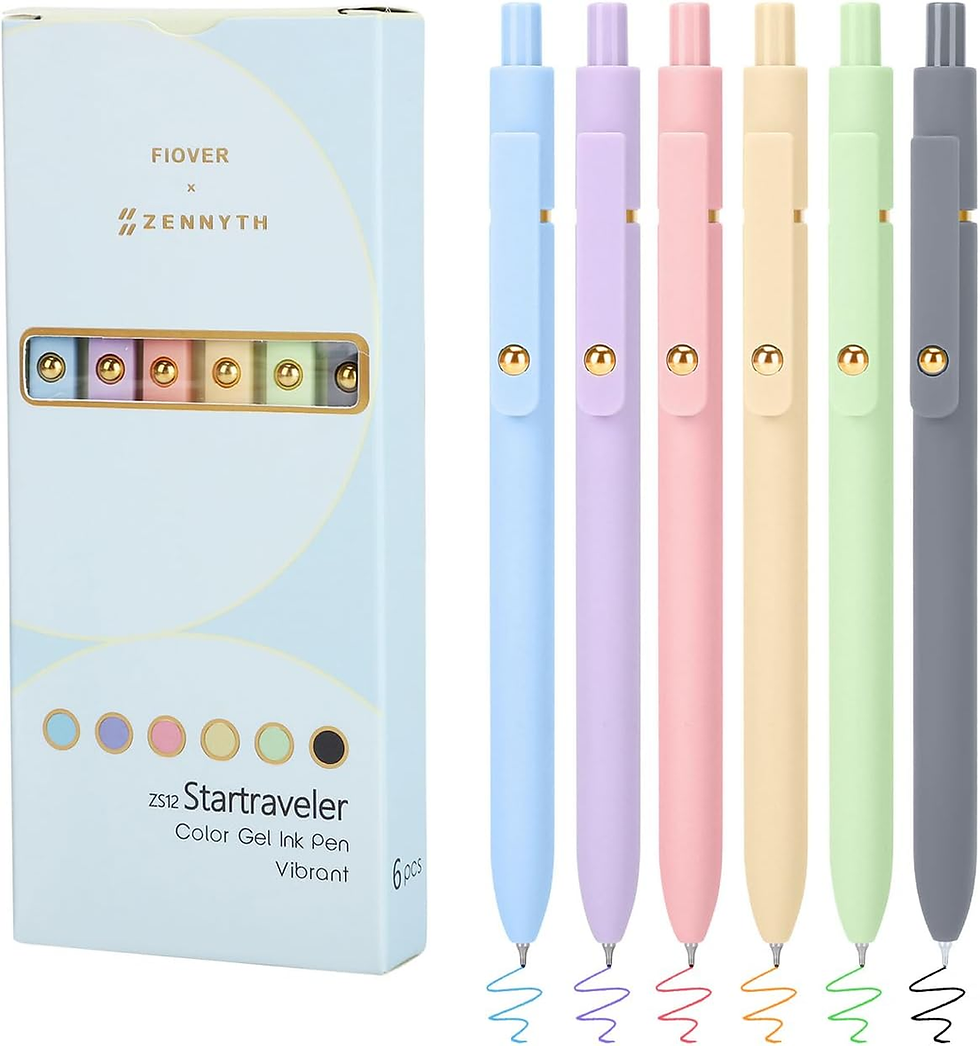How to Start Book Journaling in 2025 and Beyond
- Booknerdian
- Jan 1, 2025
- 4 min read
Updated: Jul 30, 2025
Isn't it frustrating when you've read something interesting or insightful but when you try to recall it to share with someone, the specifics escape you?
Books are brimming with wisdom, humor, fun facts, and relatable instances, but when you read scores of them each year, they eventually morph in your brain and become difficult to sort into their separate components.
Book journaling is one way to keep each book in its lane and boost your memory about the details when you engage in bookish conversation.
How do you get started with book journaling? It's easy!

What Should You Write in a Book Journal?
You don't have to be a seasoned writer to start a reading journal. No one will see it but you! The important thing is recording your engagement with the books you read for personal reference.
Reading journals will vary depending on what each person chooses to chronicle. As a book blogger, my journal likely looks different from someone who isn't posting an online review.
Here is a list of standard points to include for each book entry in your journal:
Book title and author
Date started/finished
Genre
Number of pages
Brief summary
Key takeaway points and insights
Your rating plus what you liked and didn't like, including your emotional response
Quotes from the book of interesting passages, lines, or dialogue. Include the page numbers on which these are found in case you need to refer back to the book.
If you like to engage on social media with other bookworms, the notes you take on the books you read convert to awesome posts to share with your reading community.
Why Keep a Written Reading Journal Over a Digital One?
If you want to remember what you read, it's better to write it down than to type it.
Frontiers in Psychology published a Norwegian study that explains how writing by hand forces you to pay more attention to the subject matter, which leads to better retention. Since typing is mechanical and repetitive, it allows you to work faster, but at the expense of long-term awareness.
Goodreads, Bookmory, The StoryGraph, and Bookly are very popular digital reading trackers, but book journaling by hand trumps them all when it comes to filing pertinent info away in your brain for better recall later.
What Supplies Do You Need for Book Journaling?
The beauty of a reading journal is that you can tailor it to suit your own personal flair.
You can buy reading journals that are formatted with all the key presets, like this one:
You can also go full-blown creative by starting with a blank reading journal and writing each entry in a different color and jazzing it up with fun stickers.
I prefer using a blank spiral journal because they lay flat when I'm writing, and I am free to write what strikes me without being confined to prompts and presets.
Aside from Christmas, my favorite season of the year for shopping is back-to-school time. I am obsessed with cool pens, cute post it notes, highlighters, and fun stickers. These supplies make book journaling extra enjoyable!
Book journaling does not require a steep monetary investment. You can use whatever paper or notebooks you have on hand, but if you want your journal to be aesthetically pleasing when you page through it to revisit the books you've read, the prettier it looks, the more you will enjoy it!
How to Start Book Journaling: More Elements to Include in Your Reading Journal
The primary function of a reading journal is simply to track the books you've read and encapsulate your thoughts on each one.
If you're an overachiever who prefers to take your journaling to the next level, you can devote pages in your notebook to other bookish topics, like these:
List of books you want to read this year
Books on your TBR pile
Book wish list for your birthday, Christmas, and other holidays
List of books you've loaned to friends and family
Lists of new books coming out that you want to buy or borrow from the library
List your annual reading goals and check them off as you go
Books that you started but were unable to finish
Reading is meant to be savored. Book journaling helps you wring extra enjoyment from every novel you encounter.
It's Never Too Late to Start a Reading Journal
Just because culture suggests you set goals in January doesn't mean you have to wait for a new year to roll around before you can incorporate book journaling into your reading lifestyle.
You can start today!
You will increase your chances of remembering what you've read, you will have more to contribute to book group discussions, and you will create a lasting record of your reading journey to revisit like an old friend.
Follow Our Facebook Page!
Join our growing community of reading enthusiasts for a cozy space to share all types of bookish fun.
Follow Our Page Here:











Comments